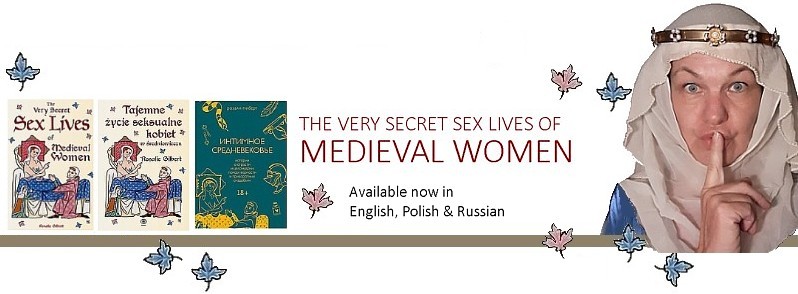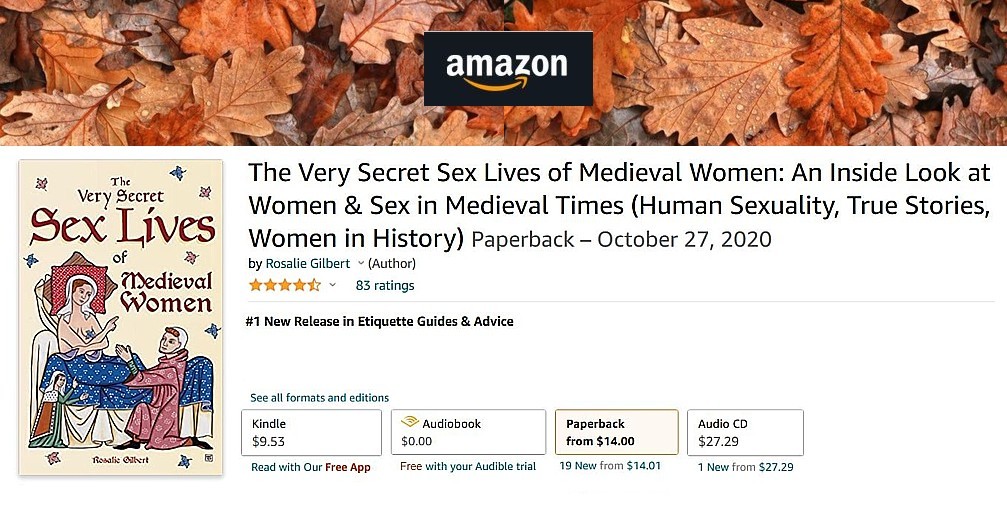
Just a reminder that having sex and not having sex was a complicated business, even if married. A woman might enjoy all the benefits of being a wife without the conjugal obligations. This, of course, was heavily dependent on several things:
She would need to know that this was even an option. Taking a Vow Of Chastity was not something that every medieval women knew about. One suspects that this knowledge might come about through being put in the care of nuns for safekeeping until a marriageable age was reached or through a private priest attached to a household. Legal accounts suggest that many household priests were not particularly chaste themselves and impregnated servants, so this advice may not have been bandied about overmuch. Women living in modest circumstances in villages and regular homes may not have even known it was an option, and if they did know, they may have been advised again it very strongly.
She would need to want to. Having an heir was serious business, and by and large, men wished for sons to carry on the family name and business. If a bride had made a good marriage, she might be keen herself to become pregnant as soon as possible to secure herself a good husband and home. A wealthy woman might take this option after giving her husband the heirs he desired.
She would need to have the support of her parents or clergy. We read stories of young, devout women who swear to give their lives to God and live chastely, but whose parents have other plans. In the case of
Theodora of Huntingdon in the 12th century, her parents actively attempted to force a marriage by letting the intended groom into her bedchambers to have coitus against her will and thereby making her a wife. Thankfully, their plot failed, and she escaped, but it goes to show that piety was not always applauded.
For more true accounts of things that involved medieval women of a sexual nature, you know where to go.
The Very Secret Sex Lives of Medieval Women is available now.








